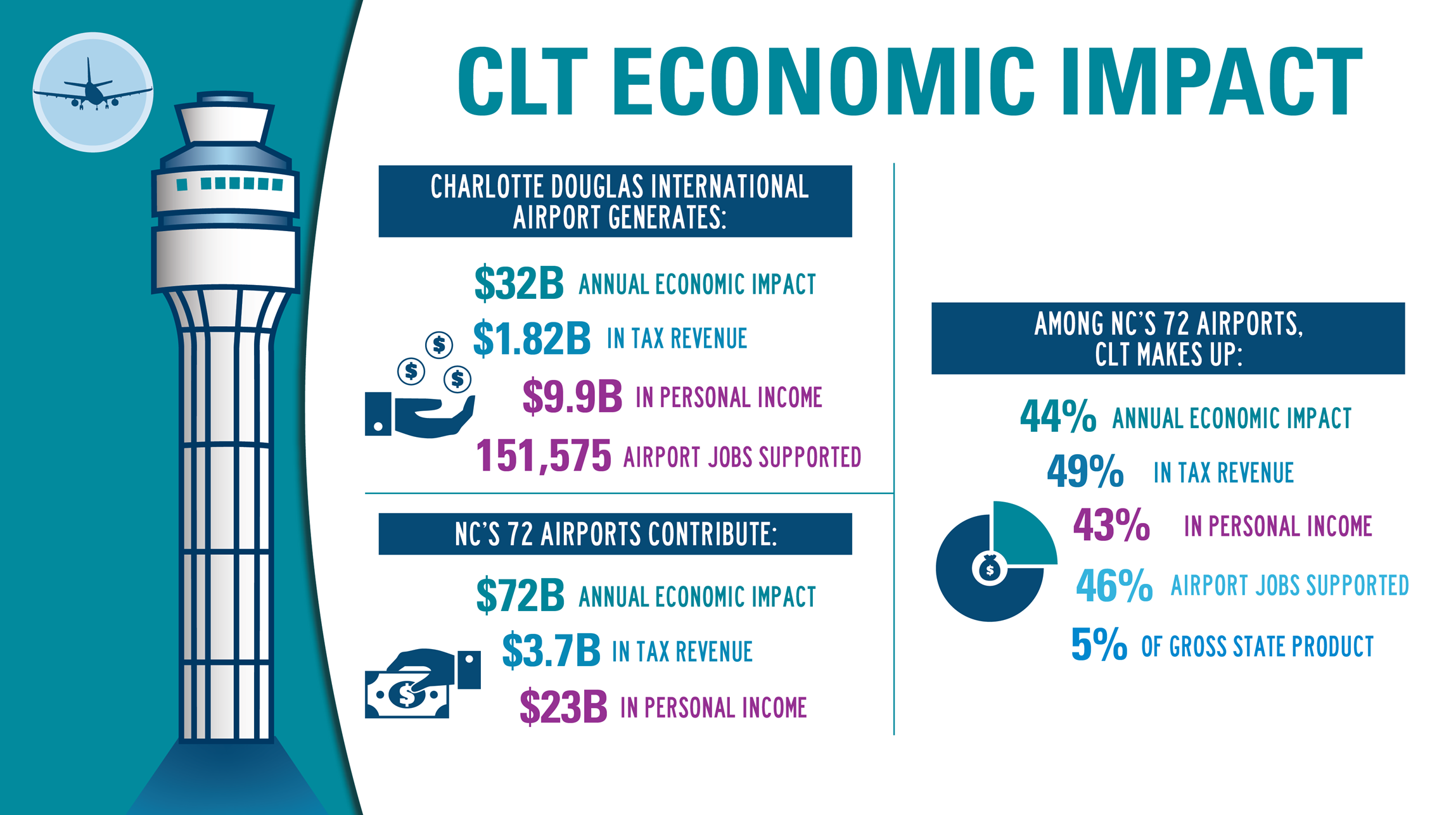New Podcast Released! - Douglas Welton, Chair of the Charlotte/Mecklenburg Planning Commission
Originally published on January 30, 2024, by the Real Estate and Building Industry Coalition.
Thinking outside the box doesn’t aptly describe the way Douglas Welton, Chair of the Charlotte Mecklenburg Planning Commission, approaches the idea of change. For him, he doesn’t even see a box. He sees an open landscape of ideas, opinions, and solutions just waiting to be deconstructed and rebuilt into something new.
After a fun lighting round that opened some entertaining personal dialog, this episode went deep into the issues Charlotte faces today. With growth at the forefront, and policymakers searching for the best way to stay ahead of future problems, Douglas believes it will take more than just following old ideas to move us forward. It will take trust between policymakers and developers, and an atmosphere where everyone is free to ask, “why can't we do this a different way?”






